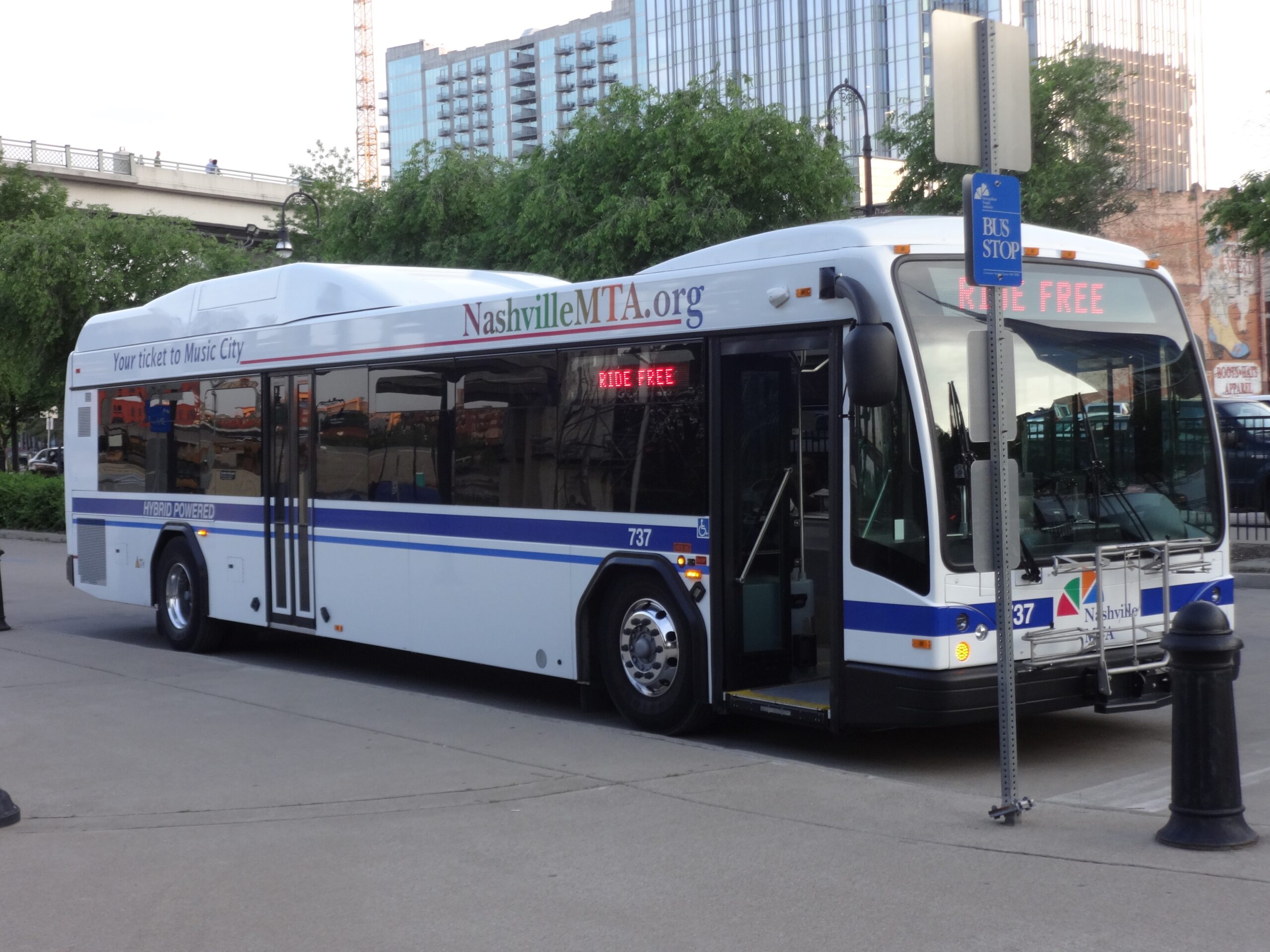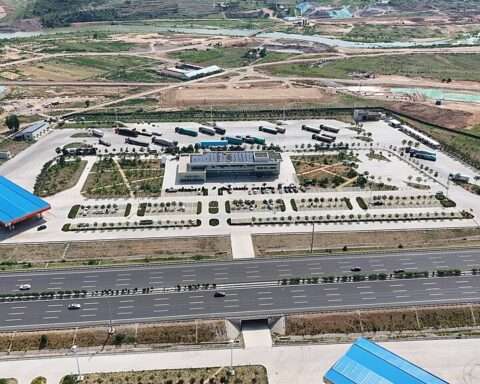This story was originally published in the Government Contracting Pipeline newsletter from Strategic Partnerships, Inc. To have the latest government contracting news stories from across the country delivered straight to your inbox, click here to subscribe.
Nashville has approved a $3.1 billion transit plan to build mobility infrastructure, integrate technology to protect pedestrians and enhance transit services. Officials anticipate the “Choose How You Move” plan will help make the city eligible for up to $1.4 billion in matching funds for projects.
The transit plan highlights six investment categories that the multi-billion allocation will support. These categories include:
- Sidewalks, signals, streets and safety.
- All-Access Corridors.
- WeGo essentials.
- WeGo service enhancers.
- Places for everyone.
- Innovation and technology.
The plan estimates the city will spend nearly $1.4 billion to expand the city’s All-Access Corridor network. This network supports seamless, reliable transit along the most heavily traveled pikes and roadways.
Nashville will work to improve travel time consistency throughout the day along 10 select corridors. This will include reconstructing 54 miles of street to better accommodate all travelers. The All-Access Corridors feature a high-frequency bus line in dedicated transit-exclusive lanes, transportation upgrades for non-motorized travelers and transit signal priority along intersections.
The city will allocate more than $1 billion to improve the city’s non-motorized traveler infrastructure, prioritizing sidewalks, signals and dedicated travel lanes. The plan prioritizes installing or upgrading 86 miles of sidewalks to develop a priority sidewalk network throughout the city. Nashville will also expand the city’s Complete Streets by 39 miles to improve pedestrian, bicyclist, driver and transit-user safety.
Dangerous streets identified in the Vision Zero Implementation Plan will also be addressed though road designs that reduce speeds, mitigate crash risks and protect residents. In addition to building new or upgrading bike facilities across 35 miles of the city’s protected bike network, the plan outlines deployment of 582 smart signals to optimize traffic cycles, improve traffic flows and manage congestion.
The city will use $635 million to upgrade essential amenities for the public transit system, modernizing it to enhance service and improve safety. Plans include upgrading or building 285 bus stops, 12 transit centers, 17 park and rides, renovating a bus garage and building a new one and procuring 65 buses. Nashville will also modernize the digital fare system to make it easier to use the transit system.
An $111 million allocation in annual expenses will enhance public transit services with increased transit frequency, shortened waiting times, later service hours and new routes across the city.
Nashville will invest $25 million to develop, integrate and deploy cutting-edge technologies to enhance the average transit experience. Projects will vary from launching a transit app to installing 50 miles of fiber optic cables to support the city’s adaptive traffic signals. The city will upgrade the Traffic Management Center to better coordinate traffic signals and expedite first responders and social service providers when needed.
The plan also outlines an initial $34 million expense to buy land near transit centers for future development. These projects will build additional affordable housing in critical city centers to make areas more walkable and reduce commuting hours. The city’s transit-oriented development plans will cater to community needs, lowering the cost of living while making neighborhoods safer.
Photo courtesy Michael Rivera













